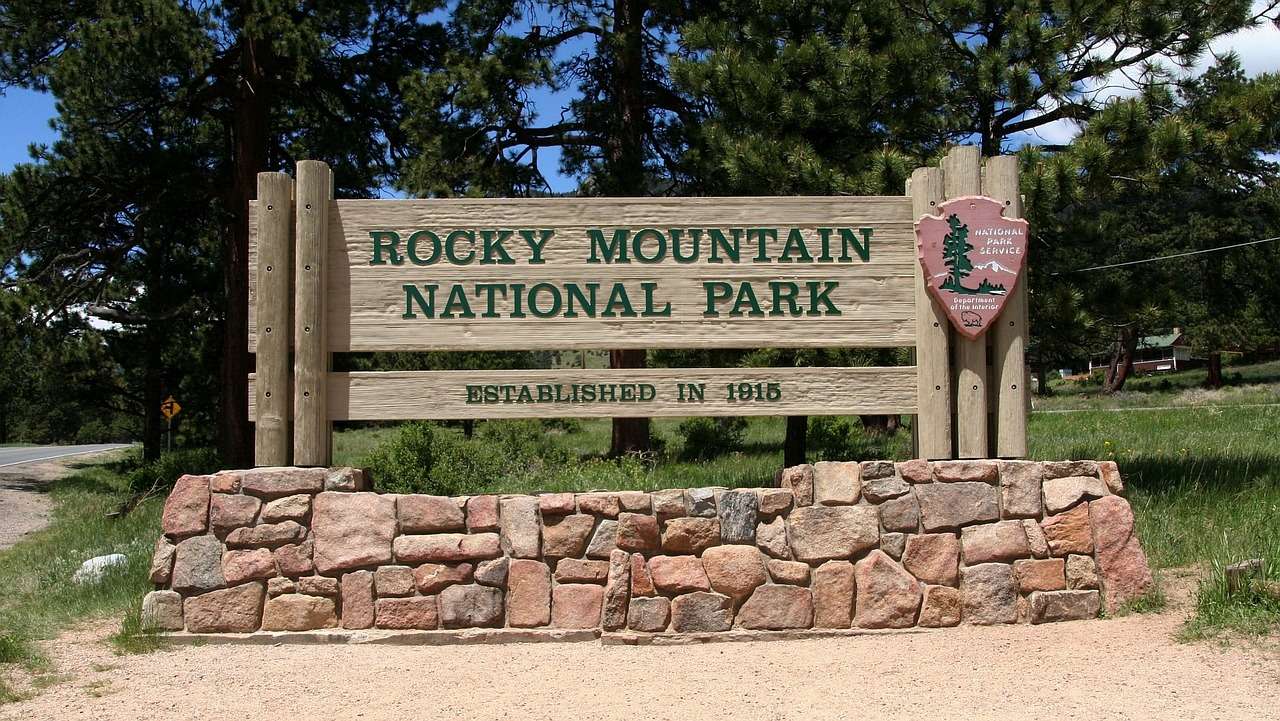
Welcome to our comprehensive guide to national parks! In this article, we delve into the wonders of these protected areas, highlighting their significance, biodiversity, and the unique experiences they offer to visitors. Immerse yourself in the natural beauty and serenity of national parks, and embark on unforgettable adventures that will leave you in awe of our planet's remarkable treasures.
Unveiling the Majesty of National Parks
National parks, majestic and awe-inspiring, are pristine landscapes that have been set aside and safeguarded for generations to come. These remarkable areas are not only breathtaking in their beauty but also play a crucial role in preserving and conserving our planet's ecosystems. As havens for diverse plant and animal species, they provide a sanctuary where nature flourishes undisturbed. Exploring national parks allows us to reconnect with the wonders of the natural world and serves as a reminder of our responsibility to protect and cherish these invaluable habitats.
The Ecological Importance of National Parks
Within the boundaries of national parks, a symphony of life unfolds. These protected areas serve as havens for countless species, offering them refuge from encroaching human activities and habitat destruction. The ecosystems found within national parks are often characterized by remarkable biodiversity, boasting an array of flora and fauna that are found nowhere else on Earth. By maintaining the delicate balance of these ecosystems, national parks support the survival of both endangered and common species. They act as vital corridors for migratory animals, ensuring their safe passage across vast distances. In essence, national parks are the guardians of biological diversity, safeguarding the interconnected web of life that sustains our planet.
The Enchanting Wilderness within National Parks
Step into the enchanting wilderness of national parks, where nature's splendor unfolds at every turn. Towering mountains, cascading waterfalls, verdant forests, and vast plains await your exploration. Whether you're an avid hiker, a wildlife enthusiast, or simply seeking tranquility, national parks offer something for everyone. Immerse yourself in the grandeur of Yosemite National Park, where the colossal granite cliffs of El Capitan and Half Dome stand as sentinels of nature's magnificence. Traverse the ethereal landscapes of Yellowstone National Park, where erupting geysers, colorful hot springs, and bubbling mud pots create a surreal and otherworldly experience. Or lose yourself in the serenity of the Great Smoky Mountains National Park, where misty peaks and ancient forests transport you to a realm untouched by time.
Frequently Asked Questions (FAQs)
FAQ 1: Can I camp overnight in national parks?
Certainly! Many national parks offer camping facilities, allowing visitors to fully immerse themselves in the beauty of nature. From developed campgrounds with amenities to more rugged backcountry camping experiences, there are options to suit every preference. However, it's essential to check the specific regulations and obtain any necessary permits before embarking on your camping adventure.
FAQ 2: Are pets allowed in national parks?
While we love our furry friends, most national parks have restrictions on pets to protect the delicate ecosystems and wildlife within their boundaries. However, some parks do allow leashed pets in designated areas, so be sure to research the rules and regulations of the specific national park you plan to visit.
FAQ 3: Can I engage in recreational activities in national parks?
Absolutely! National parks provide a wide range of recreational opportunities for visitors. Whether you enjoy hiking, fishing, boating, birdwatching, or photography, there are countless ways to immerse yourself in the beauty and serenity of these protected areas. Just remember to respect the park's guidelines, stay on designated trails, and leave no trace behind.
FAQ 4: Are there visitor centers or guided tours available in national parks?
Yes, most national parks have visitor centers where you can gather information about the park's history, wildlife, and trails. Knowledgeable park rangers are often available to answer your questions and provide guidance. Additionally, many parks offer guided tours led by experienced naturalists, enhancing your understanding and appreciation of the park's unique features.
FAQ 5: How can I contribute to the preservation of national parks?
One of the most impactful ways to support national parks is by practicing responsible tourism. Respect the rules and regulations, stay on designated trails, and avoid disturbing wildlife or plants. Dispose of waste properly and leave no trace behind. Additionally, consider joining volunteer programs or supporting organizations dedicated to the preservation and conservation of national parks.
Conclusion
National parks offer an escape into the untamed beauty of nature, granting us the privilege to witness and protect the Earth's most precious ecosystems. These sanctuaries of biodiversity remind us of the intrinsic value of wilderness and the urgent need to preserve it. By exploring national parks, we not only embark on unforgettable adventures but also become stewards of our planet's natural heritage. Let us embrace the wonders of national parks and cherish the invaluable treasures they safeguard for generations to come.











